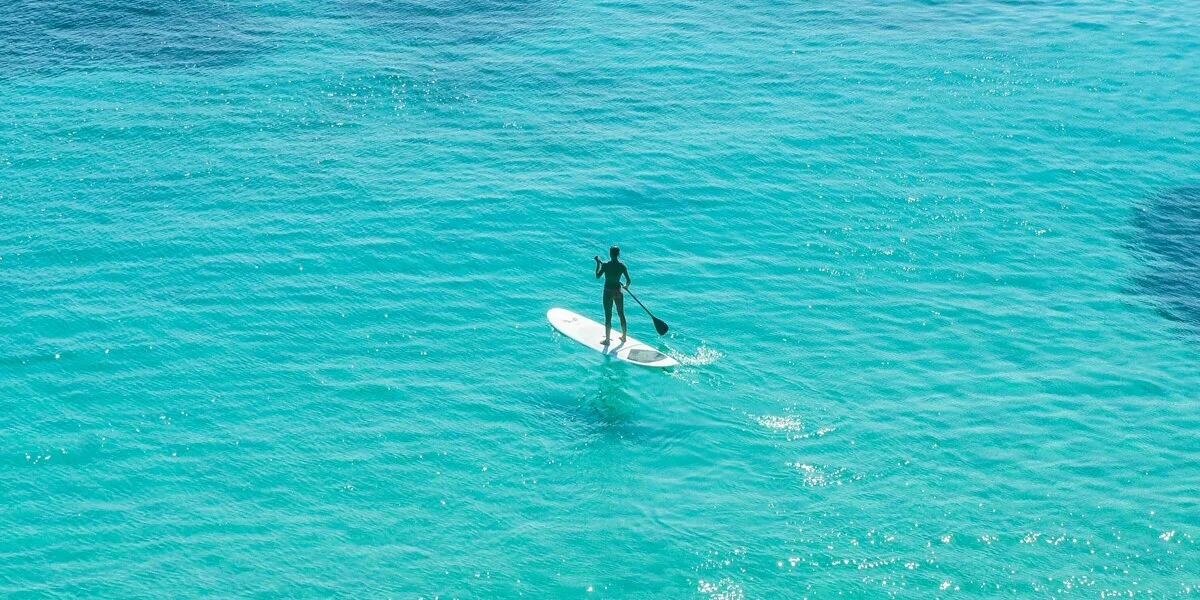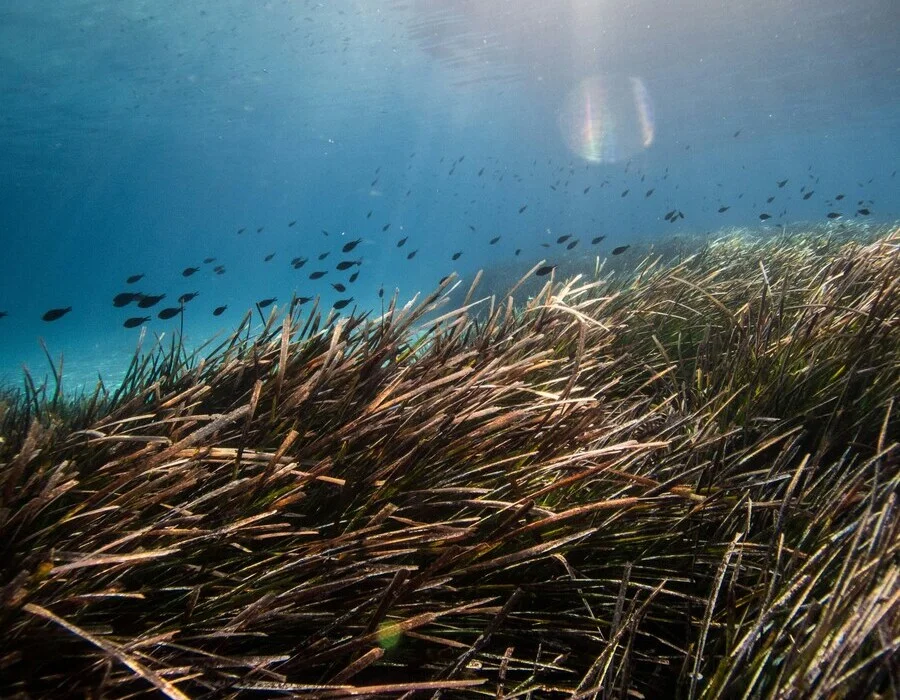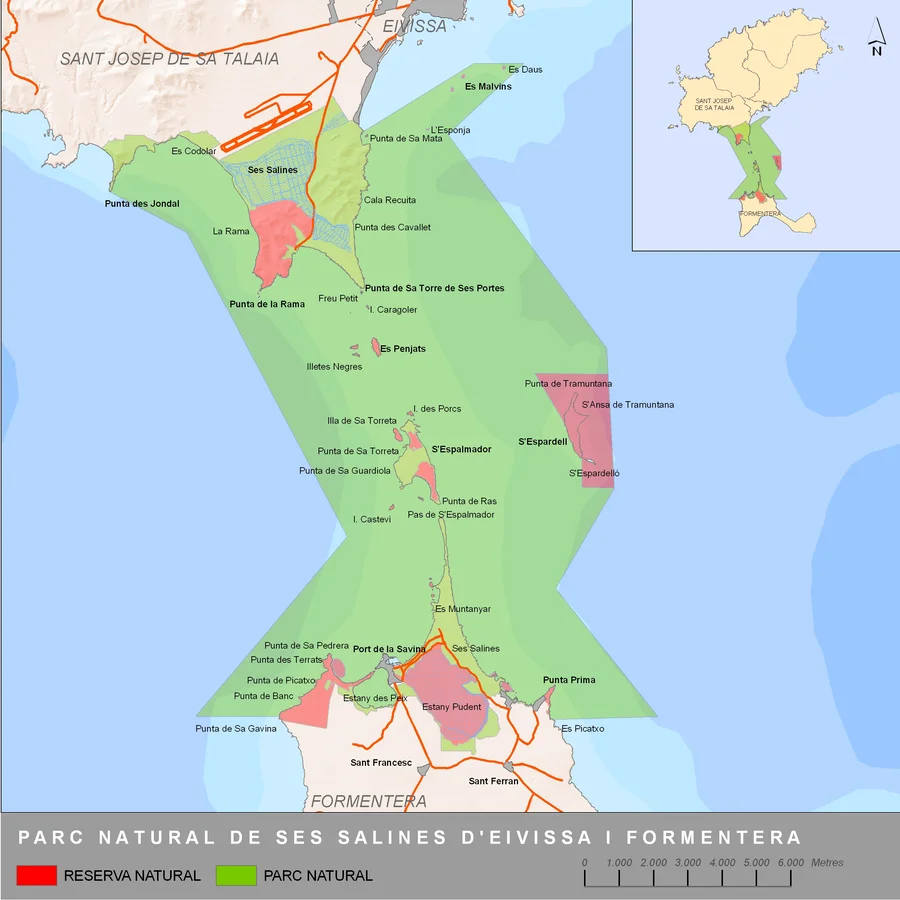Passionate about the sea as we are, with Nehesi Uno we promote sustainable and responsible sailing. Therefore, we share some tips and rules to take care of the sea during your trip

It is important to be aware of the importance of adopting simple behaviours that minimise the environmental impact of your trip. Minimising the use of plastics and respecting both flora and fauna are among the basic measures to preserve the marine ecosystems.
Zero waste
Don’t throw garbage or any polluting materials overboard. Emptying of bilges is totally prohibited. On the Nehesi we separate garbage for recycling, the crew will be happy to show you which containers are suitable for each material or to take charge of the task. If there are smokers on board, please use the ashtrays provided by the crew. This will prevent cigarette butts from accidentally falling into the sea in case of gusts of wind.
Use an eco-friendly sunscreen
When sailing or sunbathing on the beach, always choose environmentally friendly sunscreens. Eco-friendly sunscreen protects the skin and at the same time does not contaminate the water. This type of cream is scientifically tested to guarantee that it contains no oxybenzone, a chemical active that endangers marine fauna and coral reefs. The label should contain an official seal with the legend “Eco”.
Dive as an observer
Return on board from your snorkelling sessions with only good experiences or photographs. Diving to the depths of the sea and immersing yourself in its fascinating and mysterious universe can cause stress in the fauna and flora that live there. To avoid this, you should adopt the role of a mere observer, without interrupting or disturbing marine life.
Watch out for Posidonia!
Posidonia (commonly known as Neptune grass or Mediterranean tapeweed) is a species endemic to these waters. This plant plays an important role in sedimentary dynamics, since it keeps the sediment immobile with its roots and creates important areas of oxygen production, breeding and refuge for many animal species. It is estimated that more than 400 species of plants and 1,000 species of animals live in the Posidonia meadows. On the other hand, the meadows function as great filters, helping to keep the water clean and transparent.
Another of the great virtues of this plant is its ability to capture carbon dissolved in seawater. In fact, Posidonia is known to be capable of storing more than twice as much carbon as the earth’s temperate and tropical forests. Added to this is its great capacity to produce oxygen, since Posidonia meadows, which occupy 3% of the Mediterranean basin, can release up to 20 litres of oxygen per day per square meter into the atmosphere.

A singular indication of the importance of this ecosystem, is the fact that the seabed located between Ibiza and Formentera is home to the largest living organism in the world; extensive Posidonia oceanic meadows eight kilometers long with more than 100,000 years of life, declared World Heritage by UNESCO, which despite the regulations that protect them, are currently in a process of degradation.
It is prohibited to drop anchor over the Posidonia, not even the anchor chain may be in contact with it, due to the fragility of its stems and its slowness of growth (1-6 cm/year horizontally and 1-4 cm/year vertically). A single boat anchored for a few hours in a Posidonia meadow destroys years of patient growth.
Furthermore, good traditional seafaring practices have taught us -even many years prior to the existence of protectionist regulations- never to anchor in Posidonia. Simply because the anchor does not hold well to the bottom, so the boat, grappling with a simple roll of the boat or a gust of wind, can break free and drift, posing a danger to its passengers and neighbouring ships. It is the Posidonia’s defence against unprincipled sailors.
Consequently, should the crew refuse to anchor in a specific location and choose another, perhaps located a short distance away, perhaps not, we ask you to comprehend and empathise with their decision: the safety of the boat and the passengers, together with environmental safeguards and legal criteria, are behind that choice.
Ibiza and Formentera Natural Park/Es Vedrá Natural Reserve and western islets:

In case your voyage should take place totally or partially in the park or reserve area, you must bear in mind that the park’s rules prohibit, among other activities:
The use of jet skis, sea-bobs, eFoils, or water sport towables such as banana boats, donuts, skis, or wakeboards.
Fishing or underwater fishing.
If you should opt for any of the above activities, it will suffice to anchor outside the limits of the park or reserve. Our crew knows the area and its regulations perfectly, so they will organise the anchoring so that you can enjoy your chosen water sport to the full and in safety.
For further information regarding the Ibiza and Formentera natural park.
